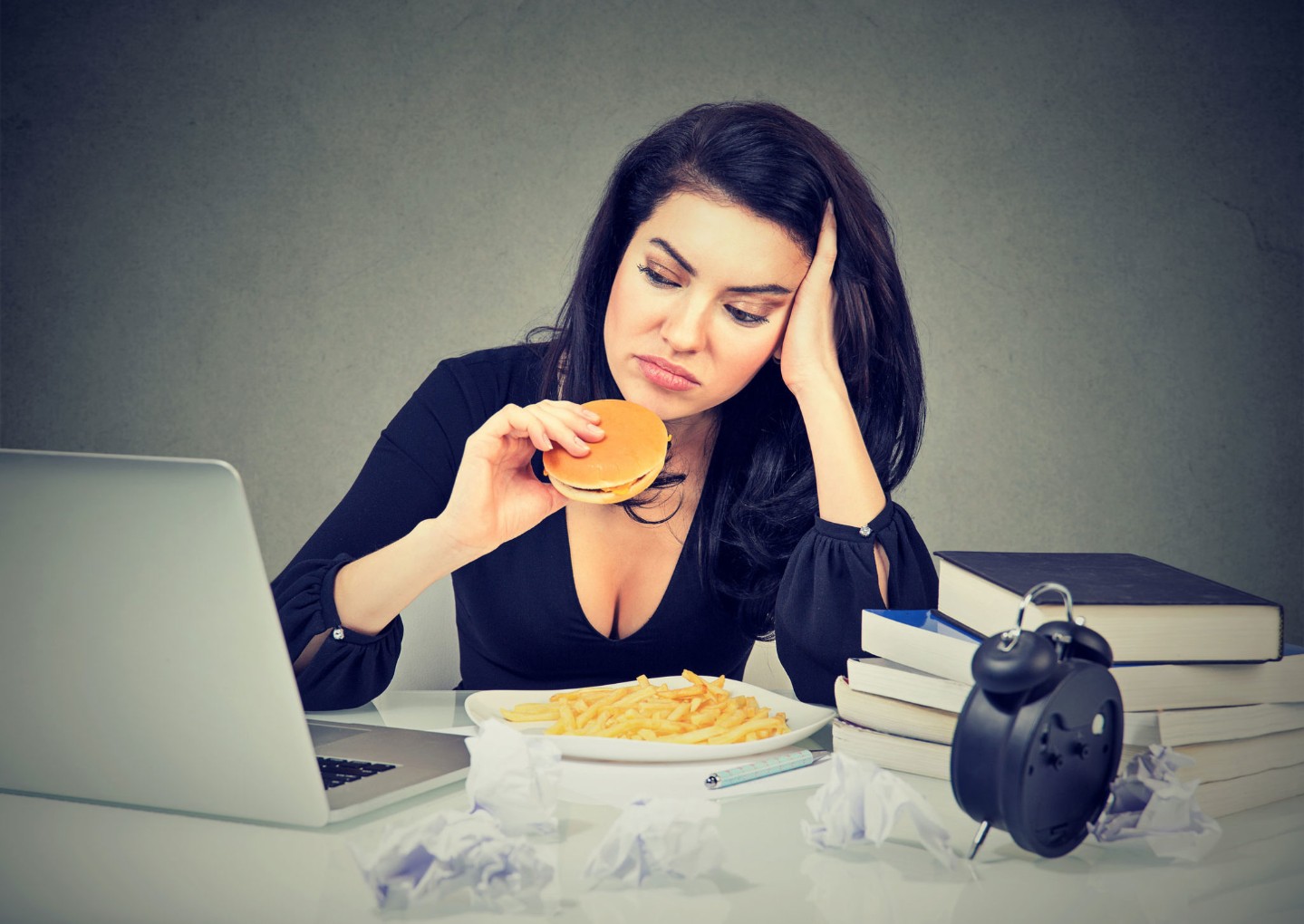Fueling Your Family's Future: A Doctor's Perspective on National Nutrition Month
MAR 01, 2026Good nutrition is about building a foundation for a vibrant, energetic, and disease-resistant life for you and your loved ones.
Read More
Why we turn to food...for more than "fuel"
Like many others, I made some goals in the new year related to diet. Many of us struggle to have a healthy relationship with food. We need food for nutrition, but it ends up being so much more. Food helps us celebrate and consoles us when sad or lonely. It is used for so much more than nutrition.
When people use food as a coping skill that relationship becomes more and more unhealthy over time. Every time we reach for a sugary treat when sad that connection in our brain becomes stronger. Research shows that addiction to sugar can be similar to drugs. "Our evidence from an animal model suggests that bingeing on sugar can act in the brain in ways very similar to drugs of abuse," says lead researcher and Princeton psychology professor Bart Hoebel.
Breaking your mood-food habits
When you notice an unhealthy relationship with food and a dependence on food it is time to take a step back from it. It is time to mix up the routine if you notice that you are always reaching for the same sugary treat when upset or that you can't make it through the afternoon without a soda. If you work on abstaining for a while then these foods can be reintroduced in a moderate way.
I recently participated in a cleanse focused on clean eating without any processed foods, alcohol or caffeine. This cleanses lasted 21 days. Throughout this experience, I realized I was using caffeine (among other things) as my coping and pick-me-up throughout the day. Although the first week was the hardest - I felt bad for my family and co-workers- I was irritable and tired, but I survived and so did they. I am now able to drink caffeine, but I feel more in control of it instead of it being in control of me. I don't need it, I choose to have it now. I noticed this with other foods as well throughout this process. Also, taking a break from eating and drinking these things allows me to see how my body is impacted when re-introduced.
H-A-L-T before you eat
I encourage people to use the acronym HALT (hungry, anxious, lonely, tired) when struggling and would reach for something to eat in order to cope; instead, go through that acronym to determine why you're actually reaching for food. If you're hungry choose something healthy and may be different from your norm to satisfy your hunger. Mixing up your routine is good for you. If you normally snack on pretzels or candy choose dried fruit or nuts. You satisfy the sweet or savory craving while choosing something less processed and more natural. If you are anxious, lonely or tired do something to help fix that problem. During the cleanse I found myself doing more hobbies in the evening and on weekends than previously. My energy was less focused on food and more on caring for myself. The more you use food to fix problems not related to hunger the more you will continue to use food to soothe yourself. The more you use healthy coping skills the better you will feel - go on a walk, take a bath, call a friend.
Treat yourself well and with kindness.
Thank you for reading.

Good nutrition is about building a foundation for a vibrant, energetic, and disease-resistant life for you and your loved ones.
Read More
On "You Matter Day" and every day, remember your inherent worth. If struggling, reach out to 988 or trusted contacts. You are not alone, and help is available.
Read More
Raynaud's phenomenon is a rare disorder that affects the blood vessels, most commonly in the fingers and toes, but sometimes also in the nose, ears, or lips.
Read MoreWhen you need local health information from a trusted source, turn to the CHI Health Better You eNewsletter.